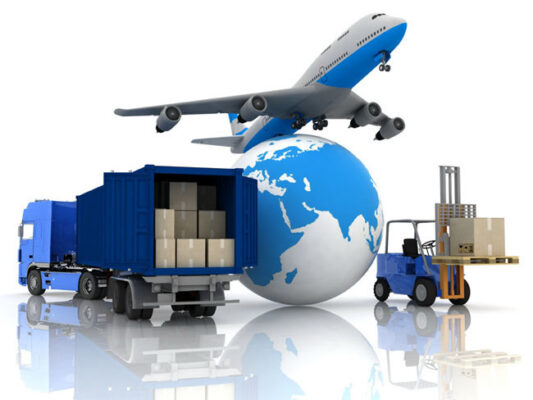
2020 Sees Major Shifts In Logistics
Moving from traditional to digital logistics is no longer a choice, and companies have to make that shift to remain competitive in years to come. 2020 saw the logistics industry shift to new infrastructure and utilize technology such as artificial intelligence.
These new infrastructures and technologies allow businesses to access more comprehensive and visible logistics data, reduce costs, and cater to evolving customer needs. Here are some trends that have impacted and shaped the logistics industry in 2020.
White glove services
As parcel packages’ delivery continues to grow in 2020 and into 2021, there’ll also be a spike in e-Commerce items that require white glove logistics and services. Some items cannot be shipped via parcel or general freight and require special care or attention.
Consumers are conditioned to expect that their items will arrive quickly and efficiently, so there will be an increasing amount of pressure placed on those selling oversized and fragile items. Due to this new trend, there will be a rising need for automated fulfillment solutions that can cater to these items, and logistic companies will need to invest in the right technologies to cater to this growing audience. With many businesses already under a financial strain, they will need to be clever with their taxes and do their research into VAT on delivery charges, whether in America or the UK.
Blockchain
Blockchain has transformed the logistics industry and resulted in a productive and efficient ecosystem that’s great for business growth. Not only has blockchain helped with data transparency, but it has also helped with security, asset management, and the creation of smart contracts.
With blockchain, logistic companies can ensure that the records they store are accurate, tamper-evident, and from a verifiable source. This allows stakeholders to ensure that the data they’re working on is the most recent, accurate, and reliable. It also prevents the risk of hacking and data compromise since blockchain-based systems require individual transactions and messages to be cryptographically signed. Smart contracts can also be enforced through blockchain technology with pre-specified and agreed actions occurring immediately when contract conditions are met.
Big data
With digitization, it means that there’s plenty of data gathered from various sources along the supply chain. With immense amounts of data, logistic companies use big data to help with forecasts, such as predicting peak periods and supply shortages. These forecasts also help improve the company’s market position and give them a competitive edge over other companies.
An increasing number of companies are also using big data to make decisions and consider it to be integral to their business. From improving business quality to inventory management and route optimization, there’s plenty of ways that big data can be used to enhance the quality of business and performance.
3PL
3PL services also gained traction in 2020 as not all companies have space, time, and money to operate fully functional warehouse and distribution networks. 3PL services work with logistic companies to scale their business, fulfill orders, and improve overall customer satisfaction. 3PL services are essential as not every logistics company will have the resources, expertise, or network to operate logistics that is cost-effective and seamless.
Effective warehousing and distribution require the right strategy, so entrusting all of this to a 3PL service operator ensures an error-free operation. Apart from tracking inventory levels and providing insights, 3PL services will also mitigate risks. If shipping delays or other circumstances occur, a 3PL will help make other arrangements to fulfill the customer’s order as quickly as possible. You don’t have to do anything on your end – thus protecting your company in the event of damage or loss of goods.
Looking to the future
For the rest of 2020 and 2021, the future of logistics will most likely be centered around supply chain visibility and speed. Customers are becoming more connected, informed, and demanding; hence, they expect efficiency and quick delivery of their items. To satisfy these needs, logistic companies need to shift towards personalized services and incorporate the right technologies.
Read Dive is a leading technology blog focusing on different domains like Blockchain, AI, Chatbot, Fintech, Health Tech, Software Development and Testing. For guest blogging, please feel free to contact at readdive@gmail.com.
